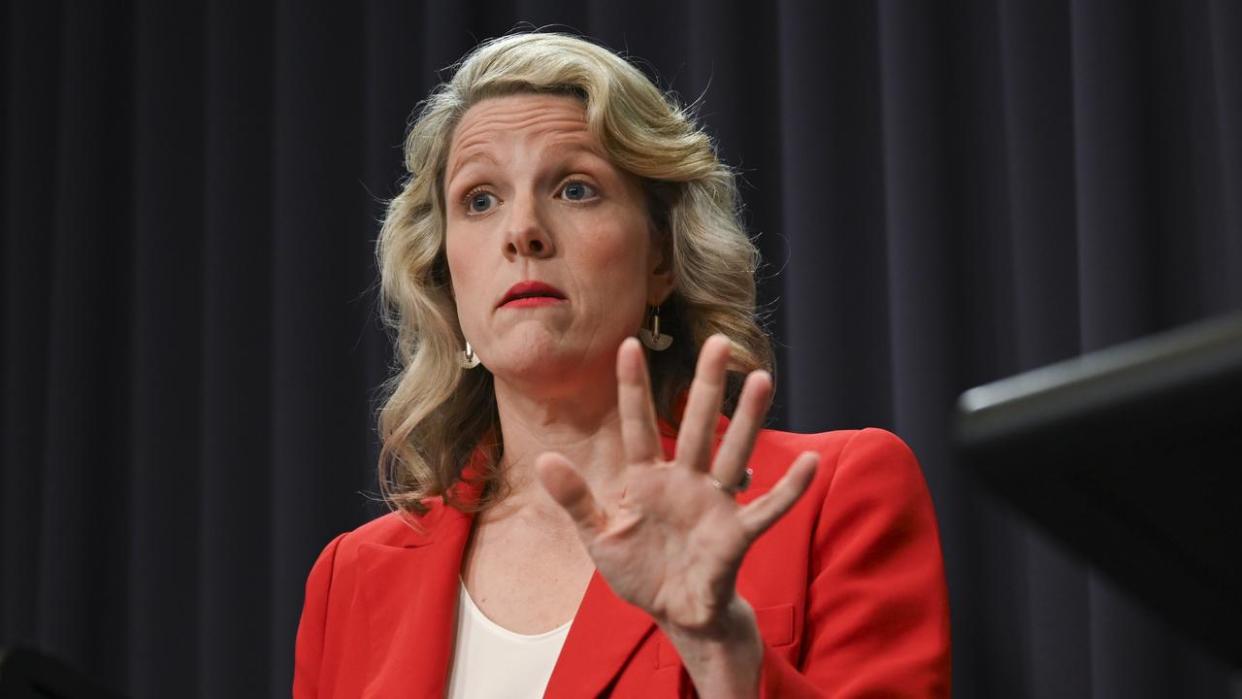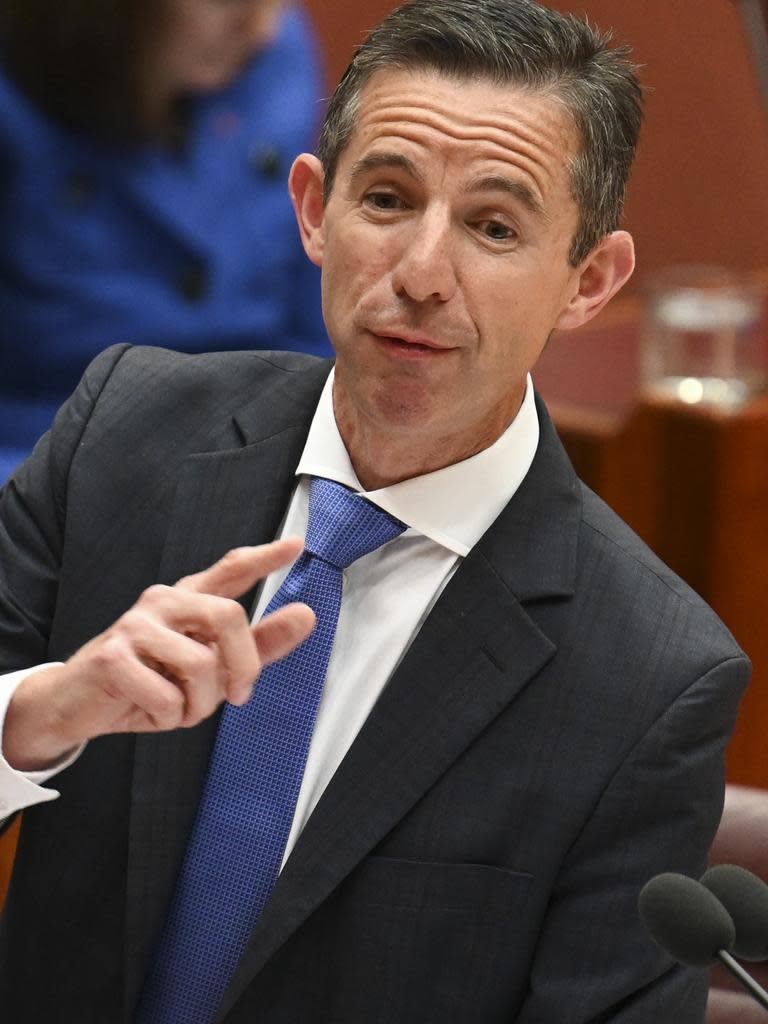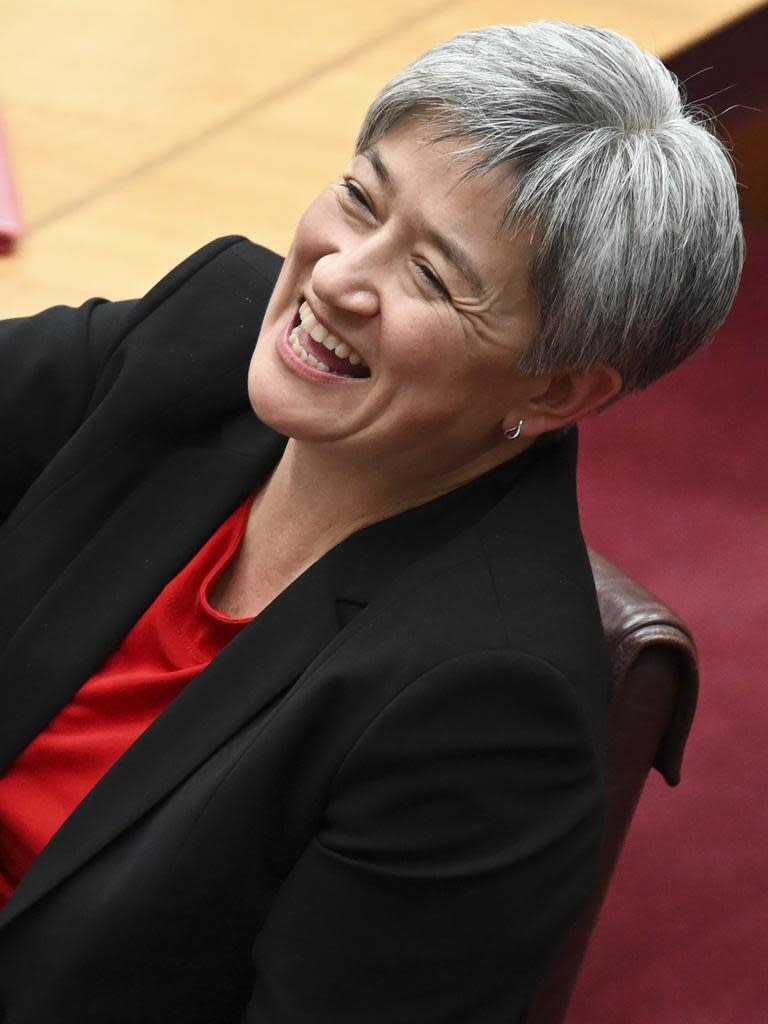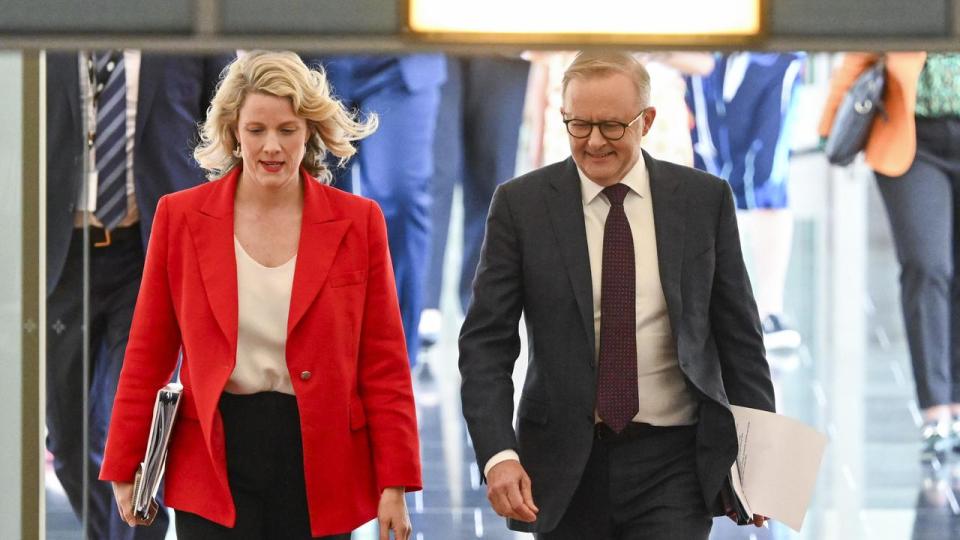Major update after criminals released

A political headache over the detention of non-citizens is one step closer to being resolved after the Senate pushed through new laws earlier than expected.
The tough laws would hand courts the power to re-detain the worst offenders released after the High Court found holding non-citizens in indefinite detention was unlawful.
The bombshell ruling resulted in the release of 148 people who were denied citizenship, including a number who have been convicted of violent crimes, back into the community.
With parliament to rise for the year on Thursday afternoon, the government anticipated the legislation would not to be dealt with until later in the week.
But a change of tune from the Coalition gave Labor some unexpected wiggle room.
As he moved the motion to kick-start debate, Senate leader Simon Birmingham accused the government of failing to keep Australians safe by not legislating a preventive detention regime before the High Court handed down its ruling.


“They have failed the most serious test of a government; which is to keep Australians safe,” Senator Birmingham said.
Foreign Minister Penny Wong raised eyebrows about the Coalition’s sudden change of heart, considering leader Peter Dutton’s office had asked the government to slow down debate on the bill.
“We’ve got the messages,” she jeered as she flashed her phone at the Coalition frontbencher, before calling for him to “sit down and start the debate”.
The laws are closely modelled on the preventative detention laws introduced by the Coalition to lock up terrorists – which were upheld by a High Court challenge in 2021.
It would enable the courts to put a high risk person who has been convicted in a foreign or Australian court of a “serious violent or sexual offence” in prison for up to three years.
The order must be reviewed every 12 months but the minister can apply every three-years for the order to be extended.
Or the courts could order a community safety supervision order instead – imposing restrictions on a person – if it is not satisfied detention is needed.
It is unclear how many former detainees captured in the NZYQ affected cohort would fall under the proposed regime.
It comes amid revelations three individuals released from detention are facing fresh charges.
The fallout from the High Court decision has the government fending off calls for Prime Minister Anthony Albanese to sack two of his ministers, Clare O’Neil and Andrew Giles, for creating “the situation through their own incompetence”.

In a lengthy defence tabled to the Senate on Tuesday morning, Attorney-General Mark Dreyfus argued Labor had no choice but to comply with the High Court order.
“Whether a person is required to be released turns solely on whether they fall within the limit identified by the High Court’s order in NZYQ - and not, for example, on their personal circumstances including any criminal history they may have,” he said.
“It is a fundamental principle of our system of law that the government cannot deprive a person of their liberty without positive authority conferred by law.”
The opposition has repeatedly claimed the 148 individuals were released by the government. A push to force the government to publish reasons for every detainee who had been released, failed.
The opposition also wanted the government to reveal the visa details and past convictions of each person, and basis on which the government determined each person could not be practically deported.
Labor minister Murray Watt called the amendments “unworkable”.
“Providing details of how and why a person cannot be removed would have potential impacts on the relationship between Australia and relevant countries who have been approached,” he said.
While MPs will return to Canberra on Wednesday to hear condolences for Labor’s Peta Murphy, who died this week after a lengthy battle with breast cancer, the House will also sit as planned on Thursday to rubber stamp the amendments.


